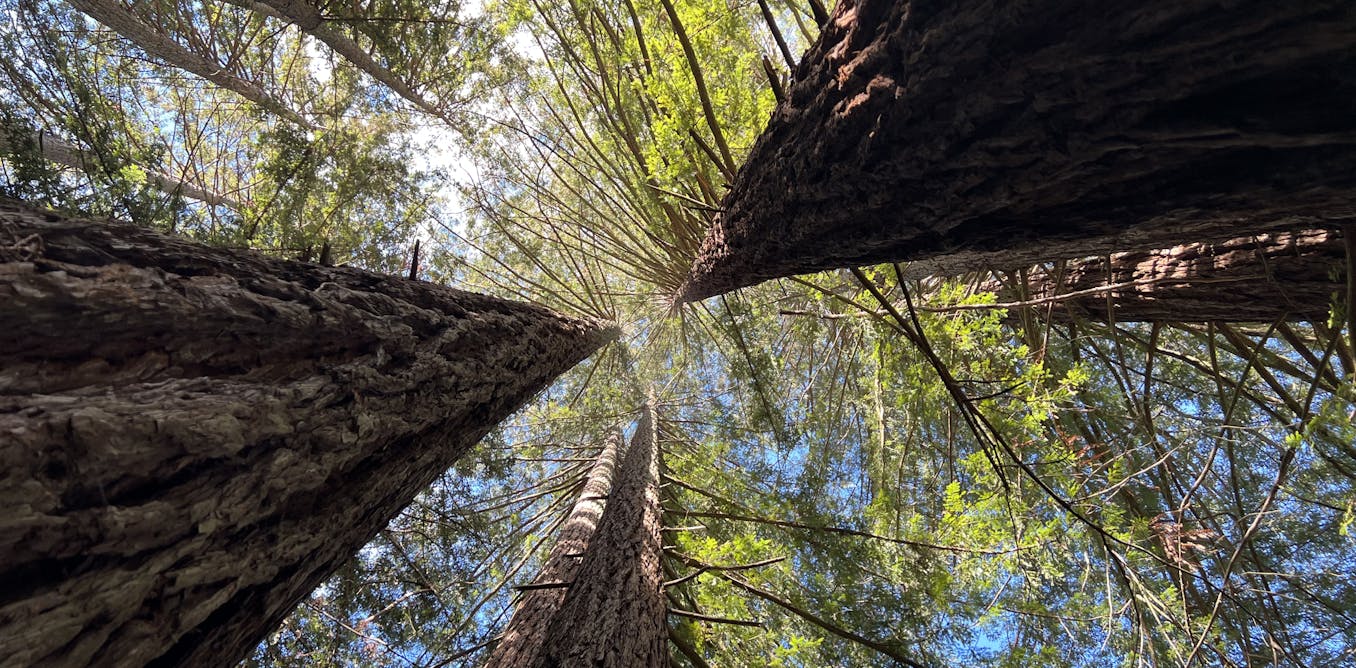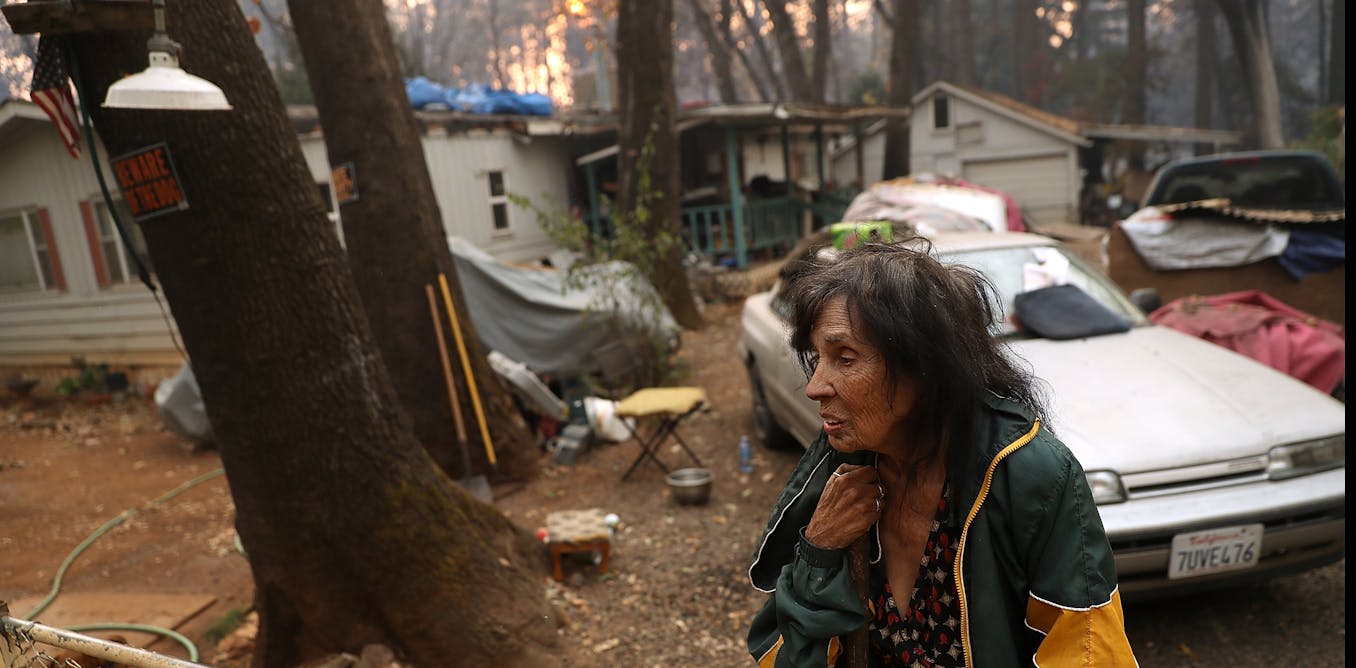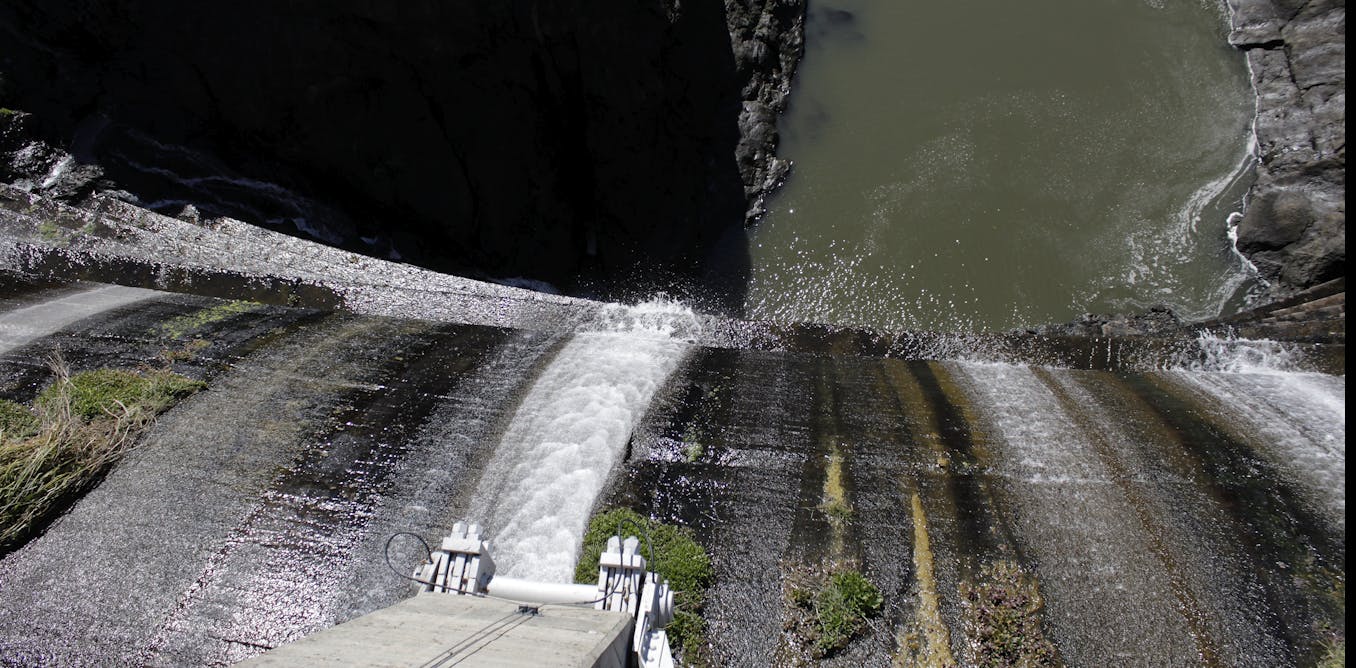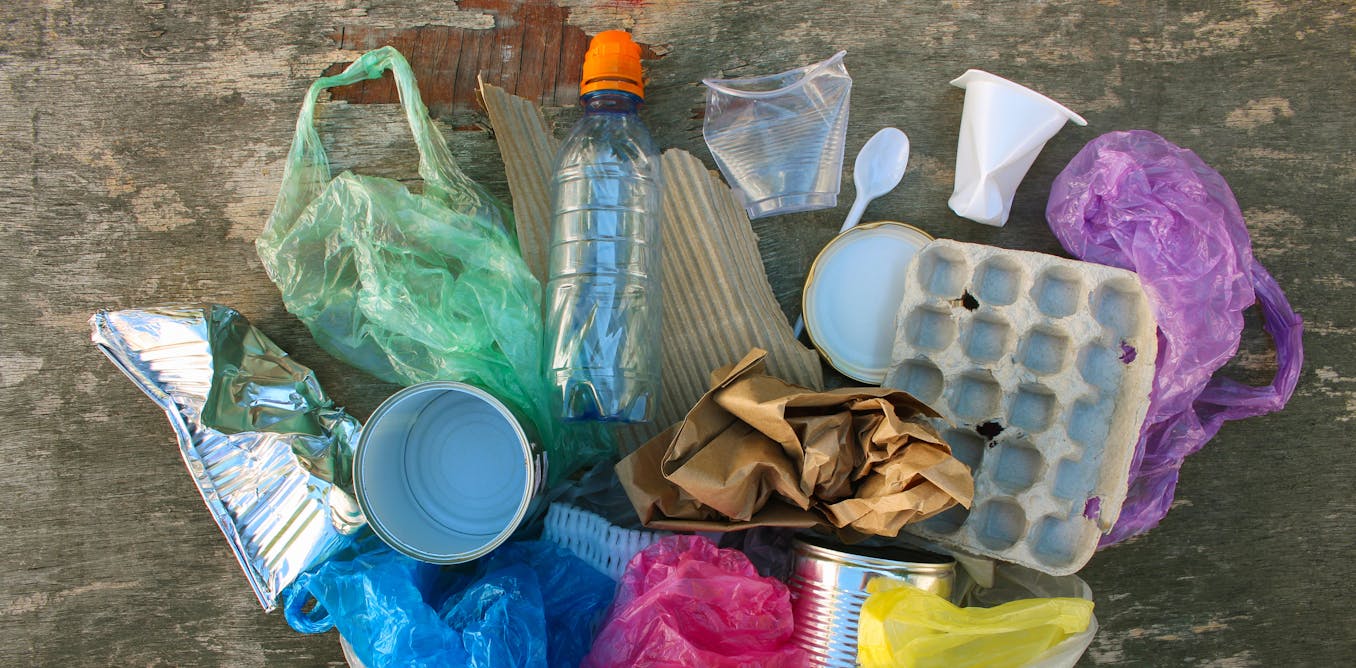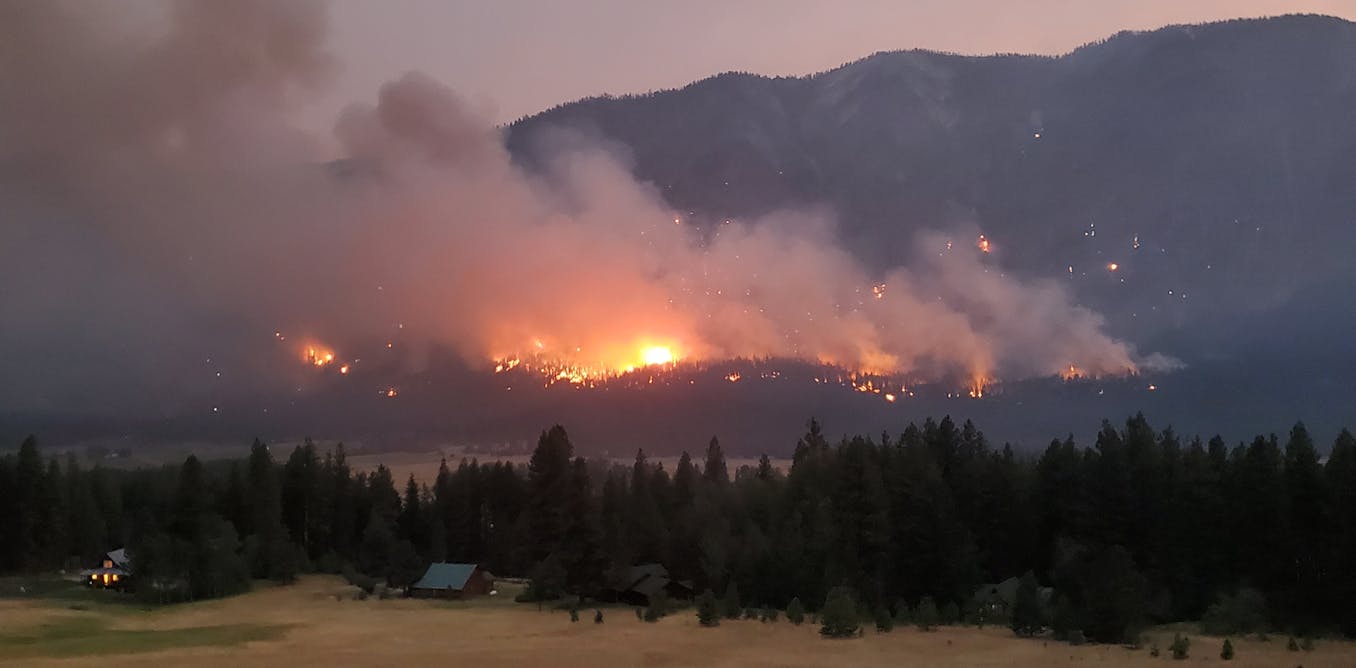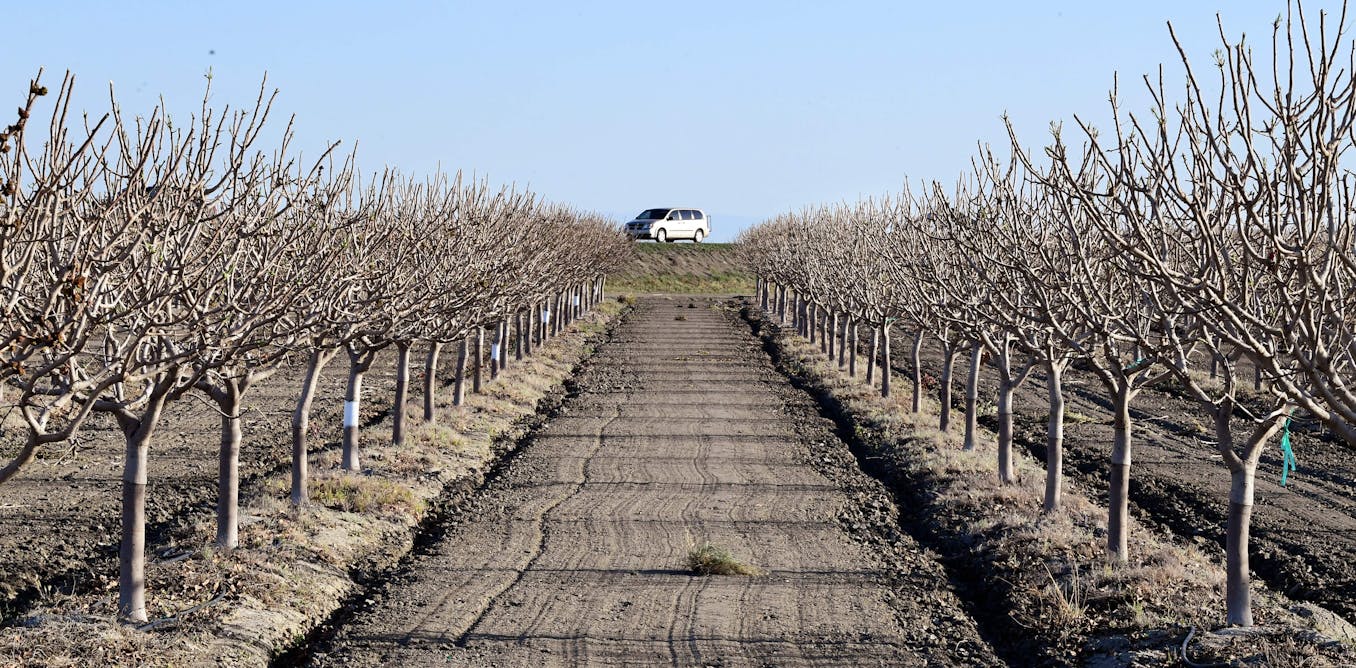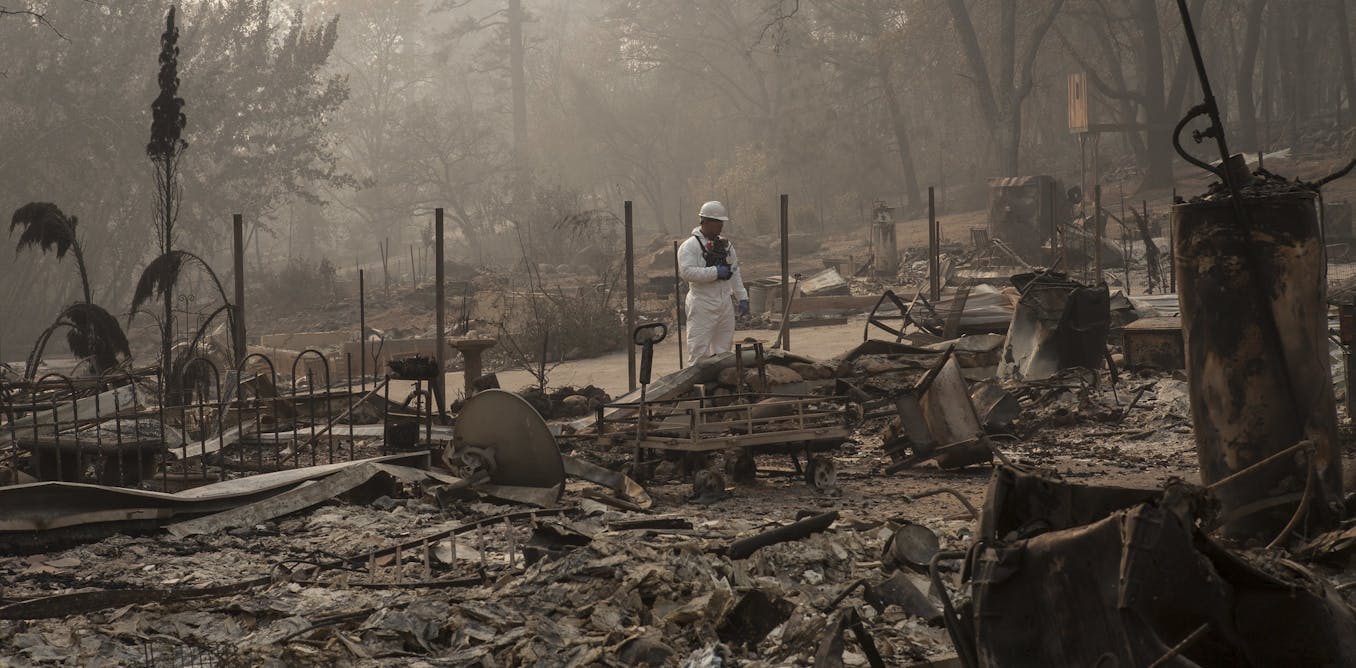Calls to US poison centers spiked after ‘magic mushrooms’ were decriminalized
Researchers found a sharp rise in calls to US poison centers about magic mushrooms coincided with their decriminalization in several US cities and states.
June 14, 2024 • ~4 min


